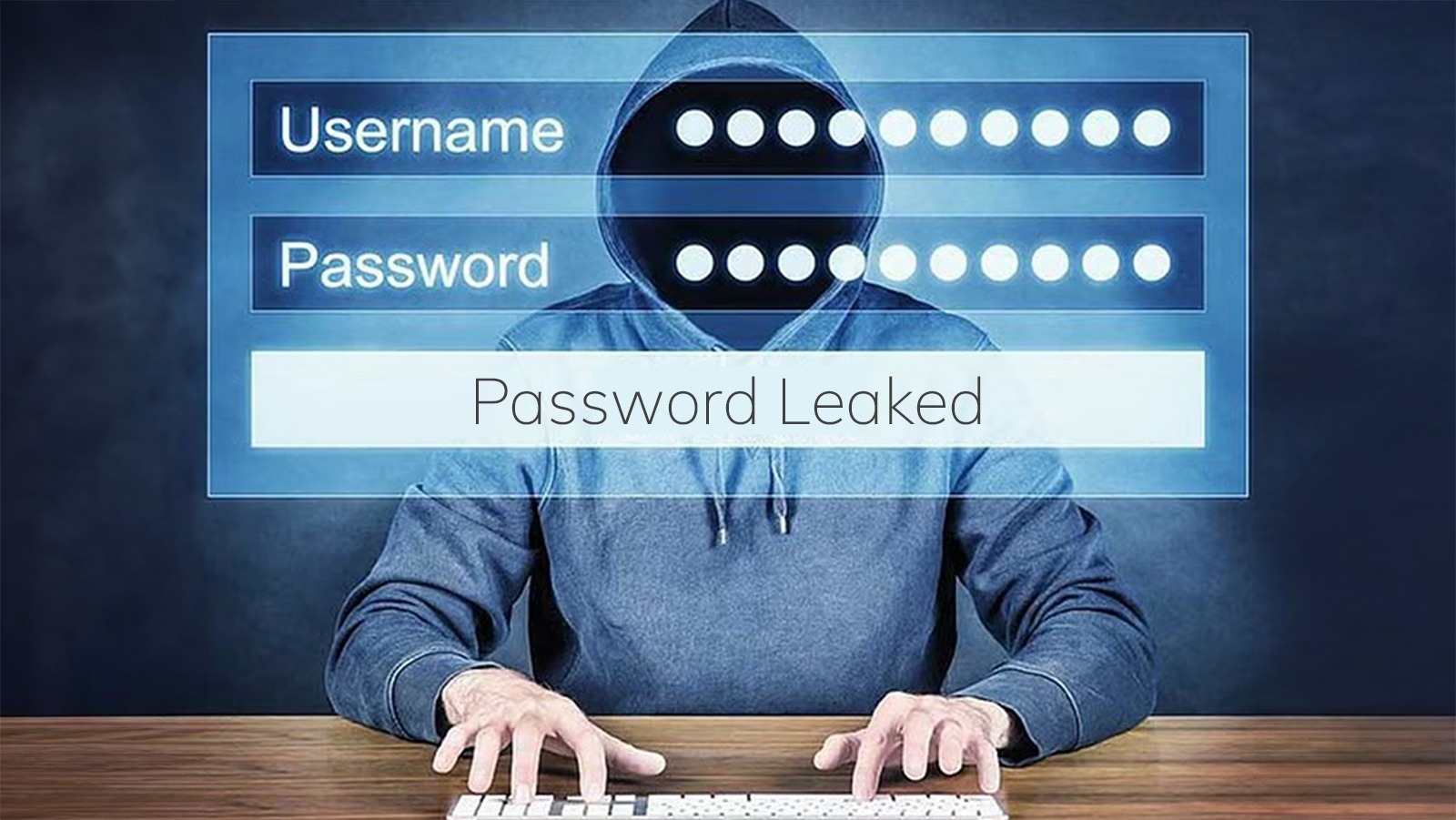More than 16 billion login credentials have been leaked in what is now confirmed to be the largest password breach in history. Experts have confirmed that the leaked data spans major services including Apple, Google, Facebook, Telegram, and even government portals.
The leaked credentials, spread across 30 massive and previously unreported datasets, include active logins making them highly exploitable for phishing, fraud, and unauthorised access.
Unlike older data leaks, this dump consists of fresh, exploitable information that can be weaponised for phishing, fraud, and account takeovers.
What should you do?
The leaked credentials are already circulating on the dark web, prompting urgent action:
• Change all your passwords immediately
• Use a password manager to avoid reuse
• Enable Multi-Factor Authentication (MFA)
• Monitor the dark web for breaches
• Switch to passkeys for enhanced protection
A Data-Driven World Needs New Guards
As data becomes the new oil, individuals, organisations, and nations must treat it as a strategic resource. The increasing complexity of the cyber-physical world has introduced new threat vectors, leaving systems and identities more vulnerable than ever before.
From intellectual property and personal identity to critical infrastructure—everything is now exposed to digital threats.
As the situation grows complex, a fundamental question emerges:
How should people, organisations, and nations protect their data, identity, ideas, and resources in a rapidly evolving threat environment?
𝐃𝐢𝐬𝐜𝐥𝐚𝐢𝐦𝐞𝐫: This article has references to official and open sources, including the Forbes and the Mint.






